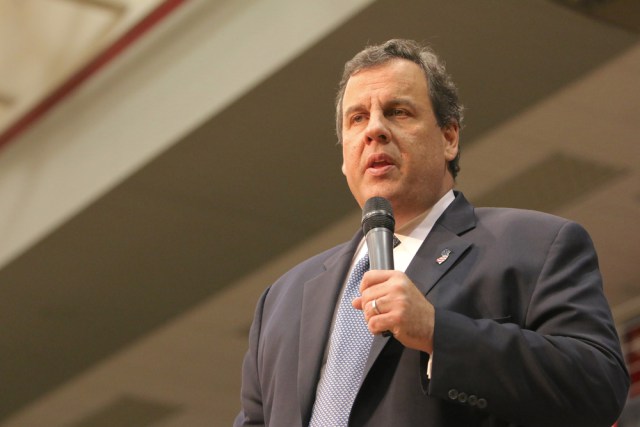TRENTON — State and federal law classified marijuana as one of the most dangerous drugs more than 45 years ago, citing its “high potential for abuse” and a lack of medical value.
But a groundbreaking decision by a state appeals court on Tuesday said the Christie administration must revisit marijuana’s legal standing under state law because its health benefits are “abundantly and glaringly apparent now.”
A state Appellate Court ruled that Steve Lee, the former director of the Division of Consumer Affairs, had the authority to re-classify marijuana from the “schedule 1” category of the most harmful of drugs. Lee denied a request in 2014 in deference to the 1970 federal law that deemed marijuana as dangerous as heroin and LSD.
The ruling says the state must revisit the matter in light of New Jersey’s nearly eight-year-old medical marijuana law, which enables patients to use cannabis to treat pain, muscle spasms, post traumatic stress disorder and other maladies as recommended by their doctors.
There are now 15,490 registered medical marijuana patients in New Jersey, according to the state Health Department.
The decision does not on its face change marijuana’s legal status.
State officials could still decide to keep marijuana on the most-restricted list for other reasons, but they can no longer claim the drug has no medicinal value, said Attorney Joseph Linares of Newark, who brought the case on behalf of a prison inmate Steven Kadonsky.
Kadonsky, who is serving life sentence under New Jersey drug “kingpin” statute, petitioned the state to re-classify marijuana to reduce “inflated” prison sentences for marijuana crimes.
Genny Barbour, a teenage girl in Maple Shade with autism, also joined the case, as her family fought for her right to use cannabis oil at school to control her seizures in 2015. Gov. Chris Christie signed a law allowing minors with developmental disabilities use medical marijuana on school property.
Linares called the decision “an important incremental step” toward re-classifying the drug.
“What this decision does recognize is the widespread acceptance of marijuana use in medical treatment,” Linares said.
Even as elected state officials are anxiously exploring legalizing marijuana for recreational use, cannabis’ potential as a medicine is limited by its schedule 1 standing. Marijuana research is cut off from most federal funding.
Judge Marianne Espinosa wrote a dissenting opinion, opening the door to an appeal if the state Supreme Court.
Espinosa agreed with the state that Lee “lacks the authority to depart from federal schedules to remove marijuana from Schedule 1.”
“From the Legislature’s first recognition of possible medical uses of marijuana to the present, it has consistently drawn a distinction between marijuana for medical uses and marijuana for non-medical uses. That distinction would cease to exist if the Director were permitted to remove marijuana from Schedule I,” Espinosa said.
Linares said the federal and state laws are different.
The New Jersey Controlled Dangerous Substance Act, passed in 1971 gave the head of Consumer Affairs in the Attorney General’s Office the authority “to add substances to or delete or reschedule” any drug, Judge Michael Guadagno wrote in the majority opinion.
Guadagno noted that a 1986 state Supreme Court case involving the drug possession arrest of a quadriplegic who used pot to control his pain, left room “for the possibility that scientific developments and advances in knowledge could ultimately render marijuana’s Schedule I classification inappropriate.”
“Medical benefits from the use of marijuana not known in 1971, when the CDSA became effective…and impediments to its lawful use as a result of its Schedule 1 classification, are abundant and glaringly apparent now,” the opinion said.
Guadagno, a retired judge on call to accept cases, is the husband of Lt. Gov. Kim Guadagno, the Republican candidate for governor on Nov. 7.
credit:nj.com

